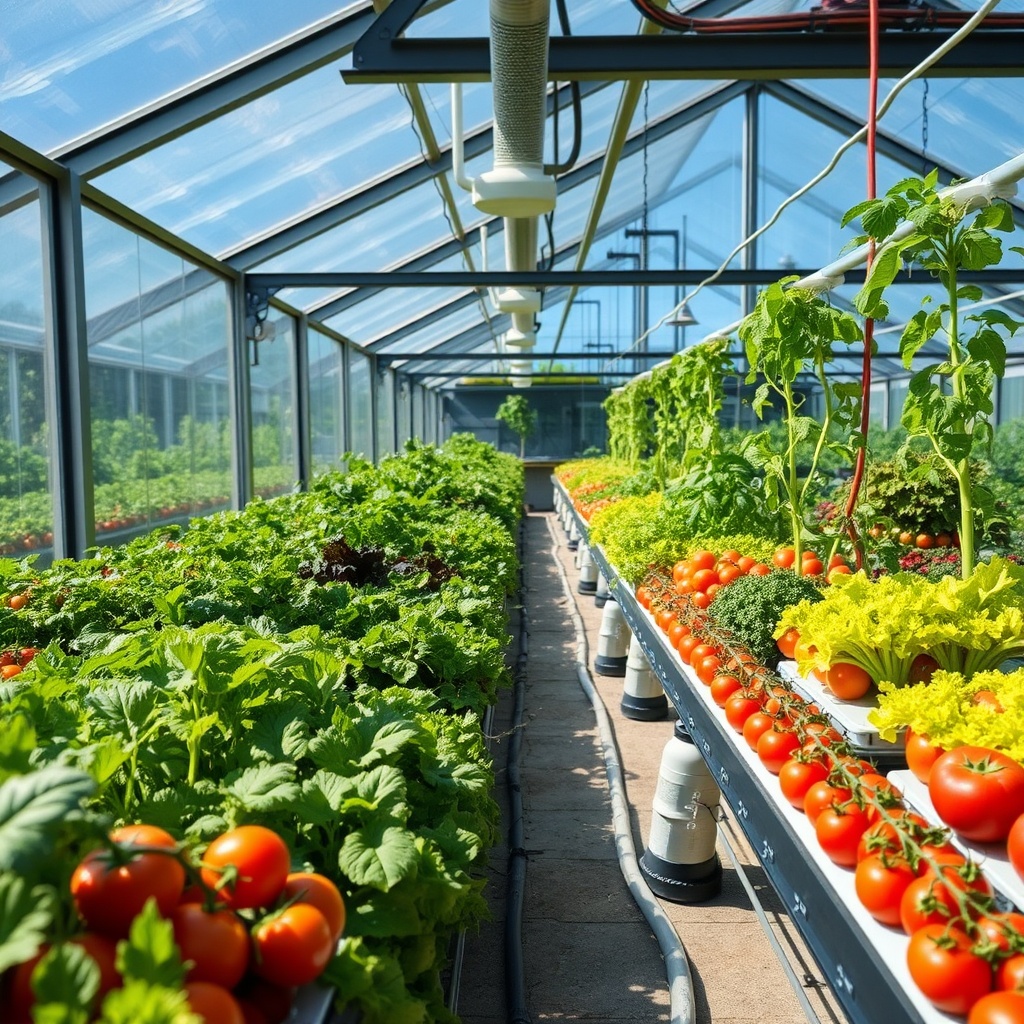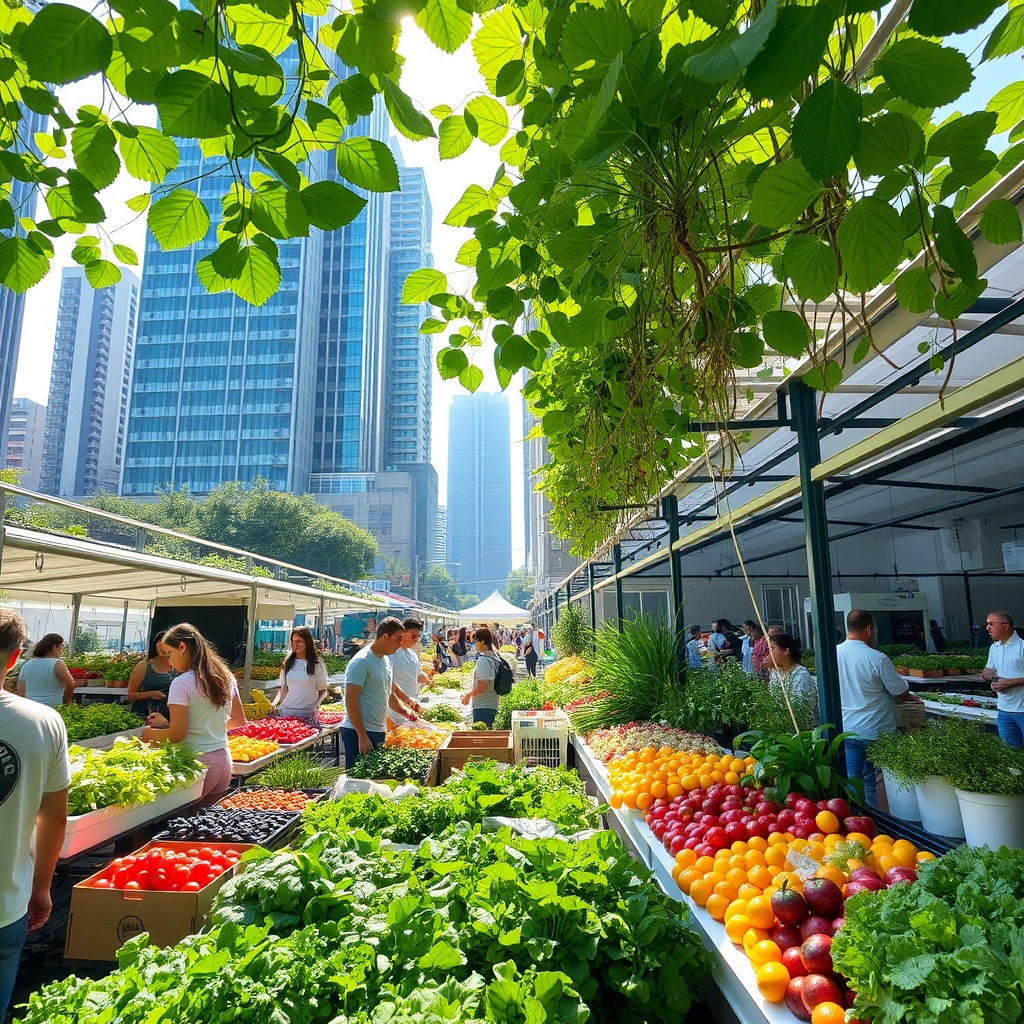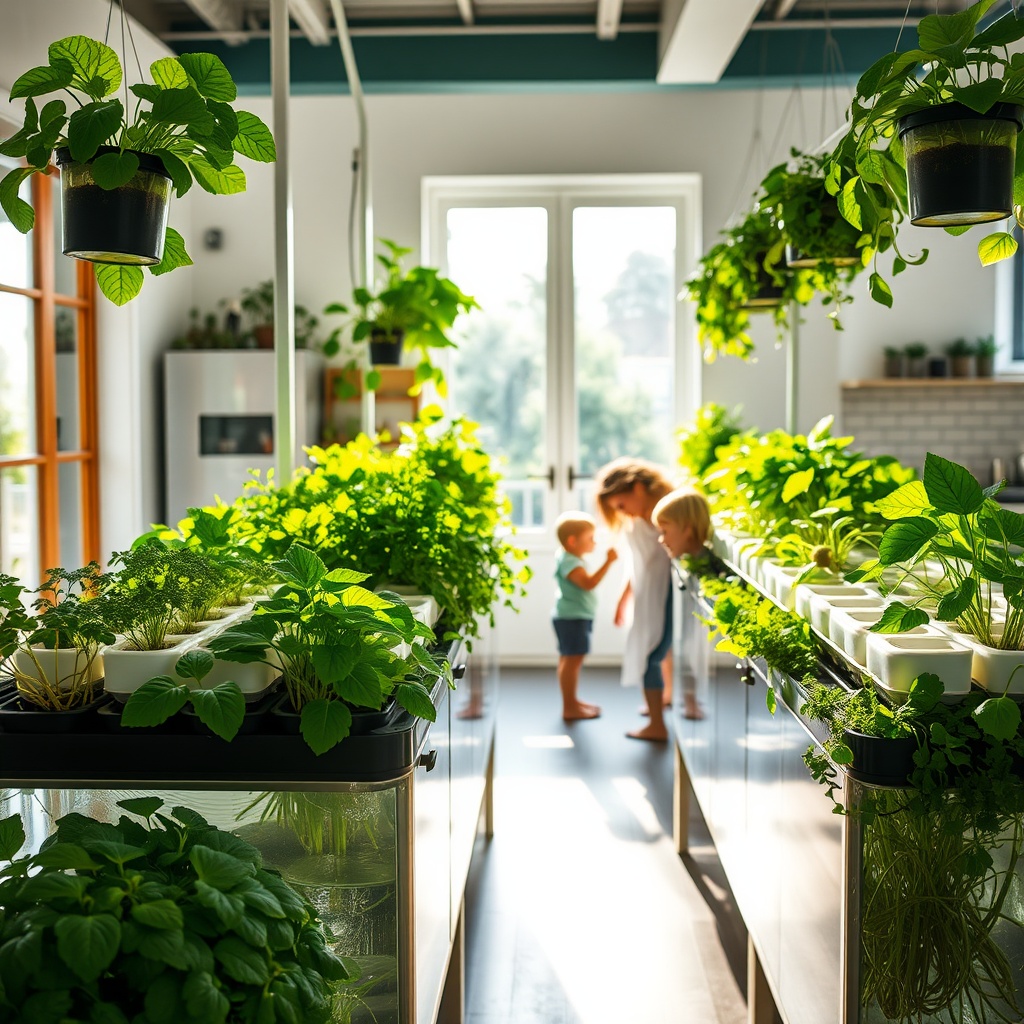The world is witnessing a significant shift in agricultural practices, with consumers increasingly turning to organic hydroponic produce. This method of growing plants without soil utilizes nutrient-rich water solutions, making it a sustainable and efficient alternative to traditional farming. The allure of fresh, organic vegetables grown in controlled environments is catching the eye of health-conscious consumers, leading to a surge in demand.
Why Hydroponics?
One might wonder, what sets hydroponics apart from conventional farming? The advantages are numerous and compelling. Hydroponic systems require less water, eliminate soil-borne diseases, and can be set up in urban areas, bringing fresh produce closer to consumers. The ability to grow crops year-round, regardless of climate, ensures a steady supply of fresh produce. This section delves into the compelling reasons behind the growing preference for hydroponically grown food.
- Water Efficiency: Hydroponics uses up to 90% less water than traditional agriculture.
- Space Optimization: Vertical farming allows for greater yield in smaller areas.
- Pesticide-Free: Organic hydroponics minimizes the use of harmful chemicals.
- Faster Growth Rates: Plants can grow up to 50% faster in hydroponic systems.
- Quality Control: Controlled environments lead to consistent product quality.
The Marketplace Shift
As the awareness around health and sustainability grows, so does the market for organic hydroponic produce. Restaurants and grocery stores are increasingly sourcing their produce from hydroponic farms to meet the demands of health-conscious consumers. The rise of farmer’s markets and subscription box services for fresh produce also reflects this trend. This section examines how the marketplace is adapting to the increasing demand for hydroponically grown food.
With the increasing popularity of organic hydroponic produce, businesses are adjusting their supply chains and marketing strategies to cater to this niche market. The shift is not just about the end product; it’s also about the story behind it. Consumers are drawn to the transparency and sustainability that hydroponic systems offer, making it crucial for businesses to communicate their practices effectively.
A Sustainable Future
The future of our food systems relies heavily on sustainable practices. Hydroponic farming represents a significant step towards reducing the ecological footprint of agriculture. Its ability to produce high yields in urban settings means that food can be grown closer to where it is consumed, decreasing transportation emissions. This section explores the long-term benefits of embracing organic hydroponic farming and its potential impact on the environment.
As we move forward, the integration of technology in hydroponic farming will only enhance its efficiency and sustainability. With innovations like automated systems and smart sensors, the future of food production looks bright. The growing demand for organic hydroponic produce is not just a trend; it is a movement towards a healthier planet.




